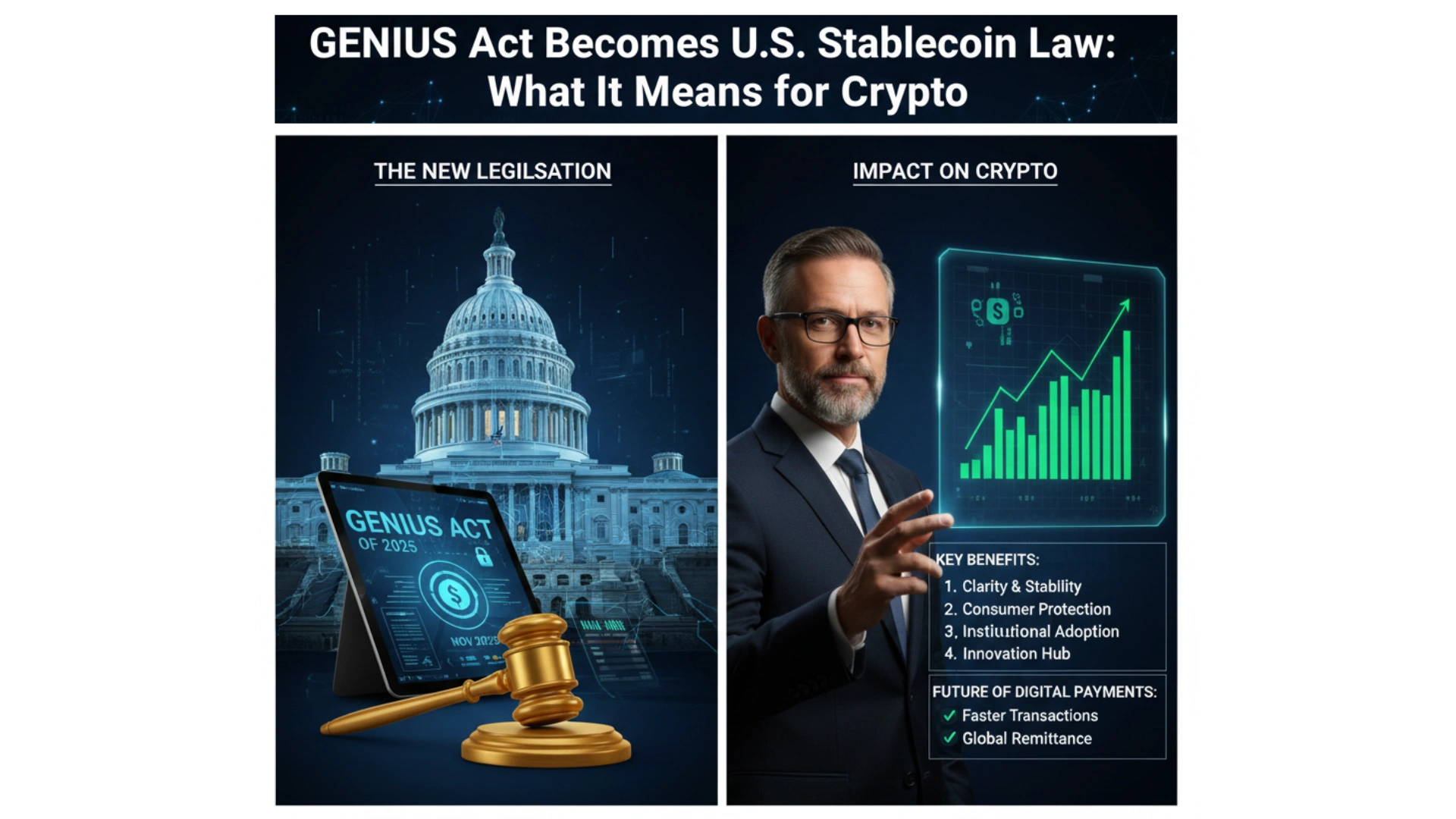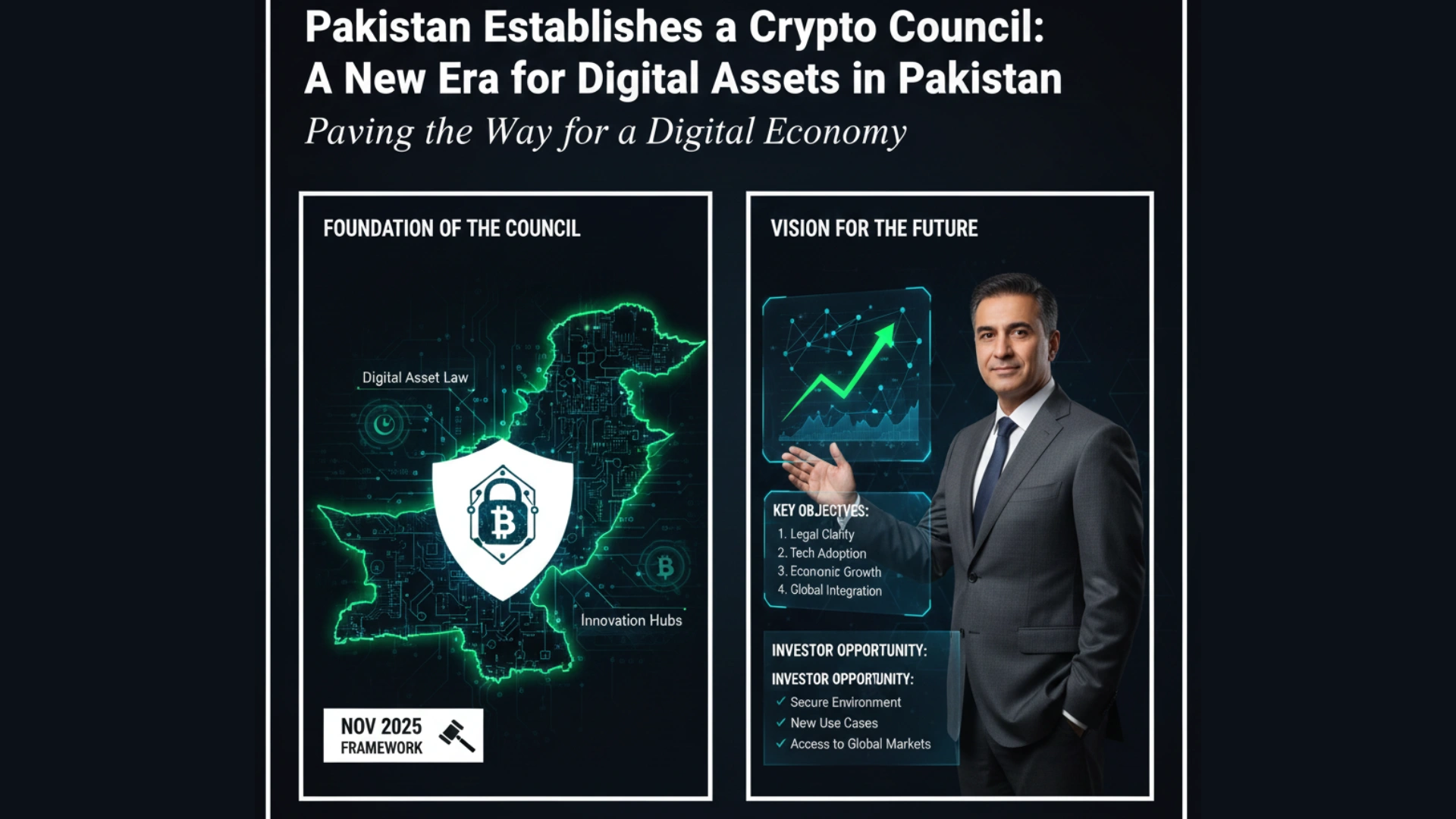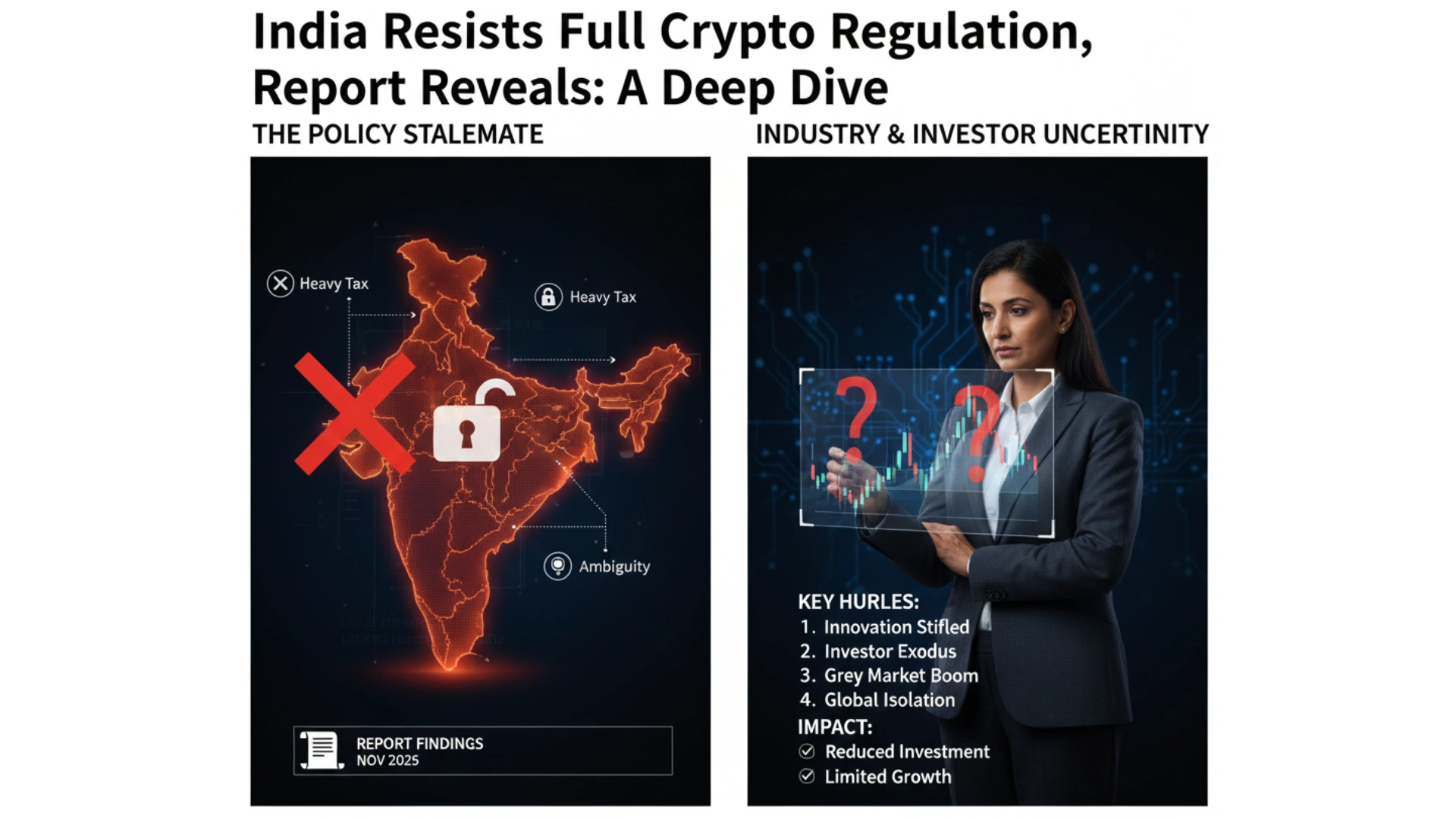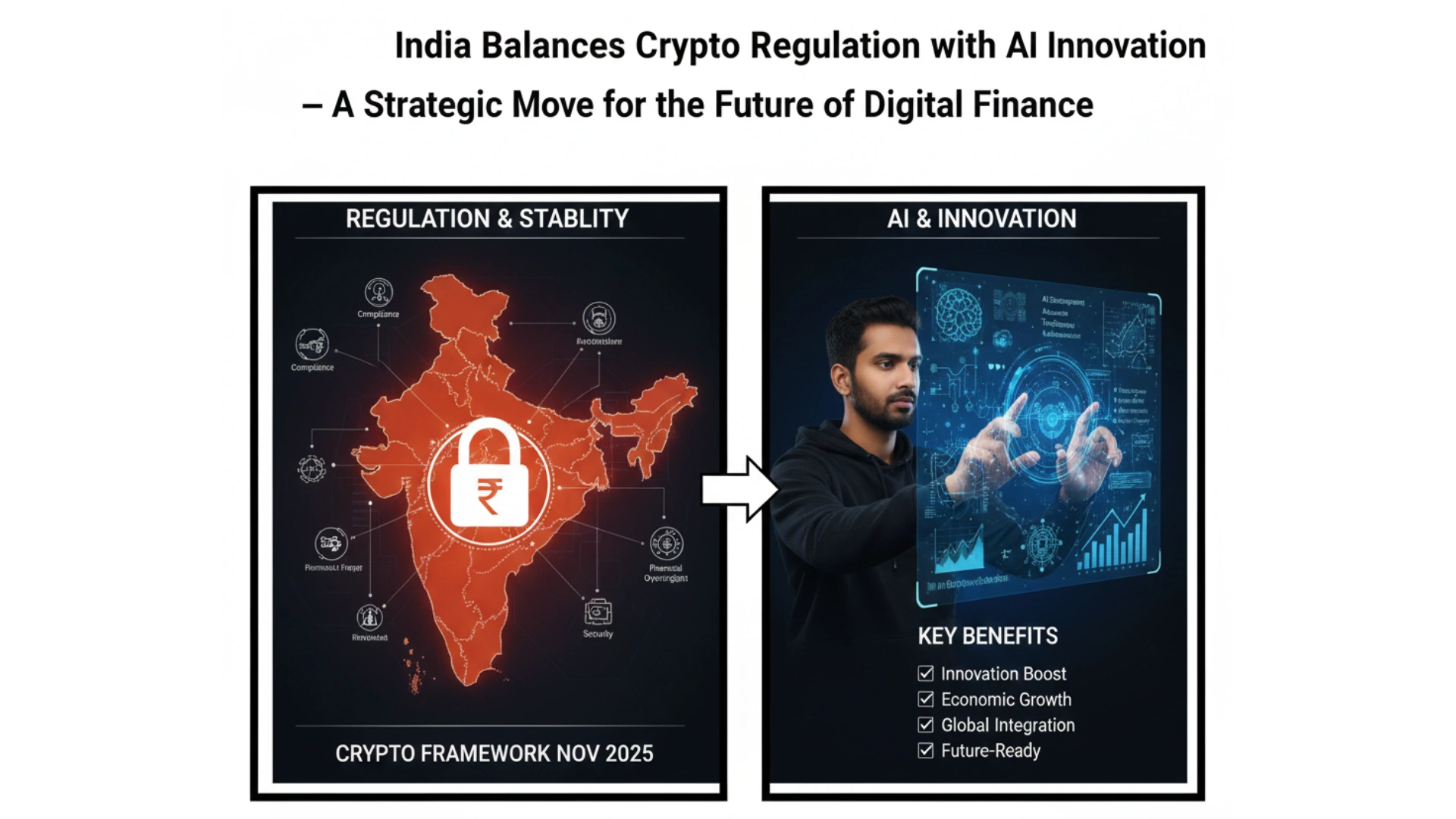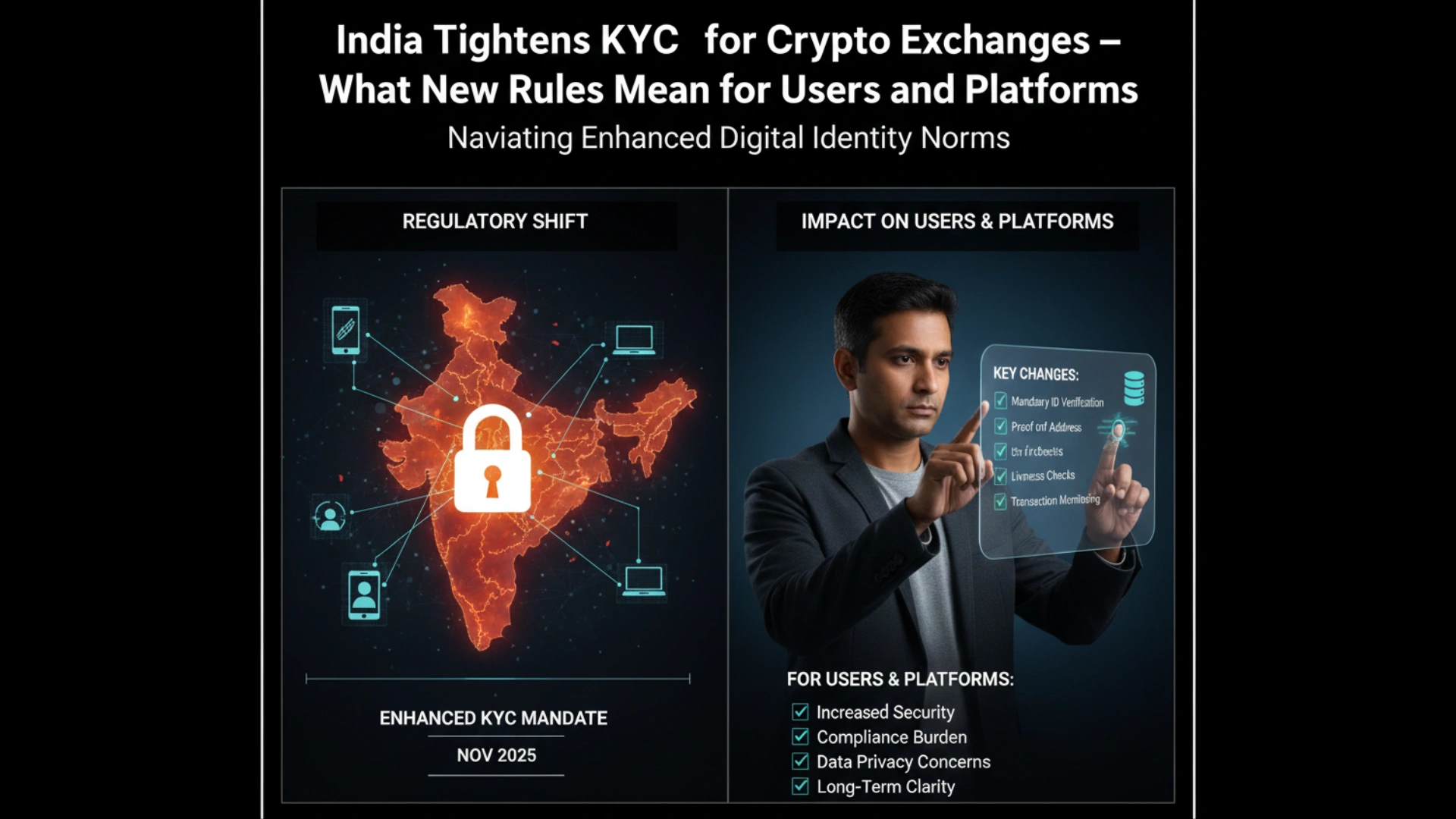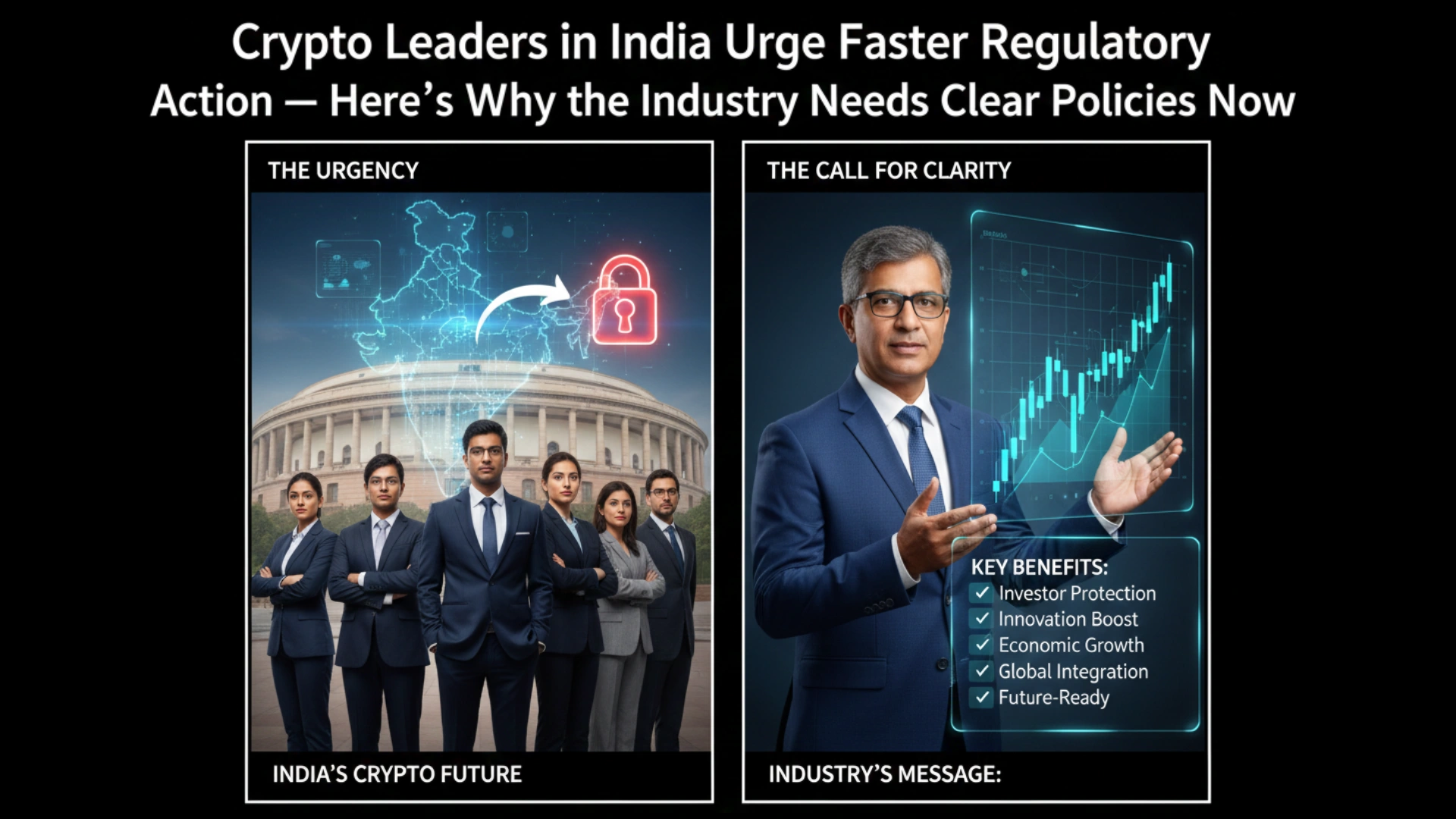Pakistan formally launched the Pakistan Crypto Council (PCC) on March 14, 2025. Chaired by Finance Minister Muhammad Aurangzeb with Bilal Bin Saqib appointed as CEO, the PCC aims to craft a clear regulatory and policy framework for virtual assets while promoting blockchain-driven innovation and investor protection.
What is the PCC?
The Pakistan Crypto Council is a high-level policy body created to coordinate government agencies, regulators and industry stakeholders on virtual asset regulation, tokenization, custody, wallets, exchanges and broader blockchain adoption.
Leadership & Board
- Chair: Finance Minister Muhammad Aurangzeb
- CEO: Bilal Bin Saqib (social entrepreneur, digital innovation)
- Board members include senior officials such as the State Bank of Pakistan (SBP) Governor, head of SECP, and Federal IT & Law Secretaries.
Why the PCC was formed
Pakistan created the PCC to:
- Provide regulatory clarity for exchanges, wallets, custodians and token issuers.
- Encourage blockchain innovation and a domestic Web3 ecosystem.
- Protect investors and reduce fraud through oversight and guidelines.
- Align Pakistan with global regulatory trends and FATF-style standards.
Key mandates & early priorities
1. Build a virtual asset regulation framework
At its June 2025 meeting the PCC created a technical committee with representatives from SBP, SECP, Ministry of Law and IT to draft rules for VASPs, custody, tokenization and compliance aligned with international norms.
2. Policy recommendations
- Licensing and supervision for exchanges and VASPs
- Wallet and custody rules
- KYC / AML & counter-terrorist financing requirements
- Standards for asset tokenization and disclosures
3. Promote blockchain adoption
The PCC will foster use-cases including DeFi pilots, tokenized government debt or securities, and smart contracts for public services.
4. Energy & mining strategy
Pakistan is evaluating coordinated policies where surplus electricity could be allocated to AI data centres and Bitcoin mining — aimed at monetizing excess power, attracting investment and creating jobs. The PCC will study economic, sustainability and grid impacts before scaling.
PVARA — the emerging regulator
Alongside the PCC, Pakistan is establishing the Pakistan Virtual Assets Regulatory Authority (PVARA). PVARA is expected to be an independent body responsible for licensing and supervising VASPs (exchanges, custodians, wallet providers) and enforcing consumer protections.
Risks & implementation challenges
- Regulatory overlap: Potential confusion between PCC (policy) and PVARA (regulation/enforcement) — clear mandates are necessary.
- Energy constraints: Mining proposals require careful planning given Pakistan’s existing power-sector challenges and sustainability concerns.
- Investor education: Retail adoption is high — the PCC must prioritise financial literacy to limit fraud and misuse.
- International compliance: Frameworks must meet FATF and global standards to attract foreign investment.
- Political & economic risks: Policy continuity across administrations is needed for long-term success.
What to expect next
- Technical committee drafts and consultation papers (mid–late 2025).
- PVARA setup and initial licensing guidelines for VASPs.
- Pilot programs for tokenization, custody standards and limited DeFi experiments.
- Public awareness campaigns and industry consultations to build adoption safely.
